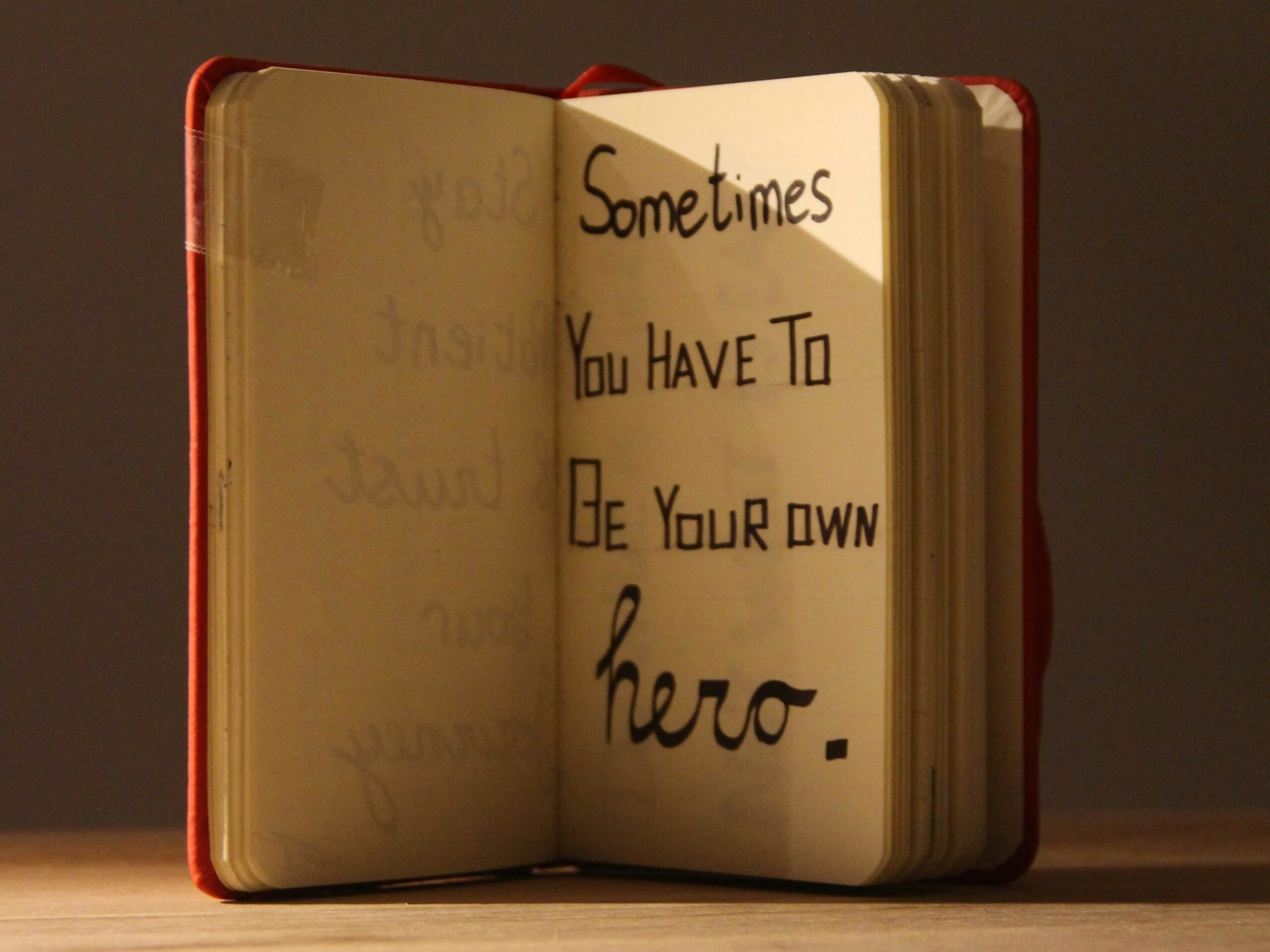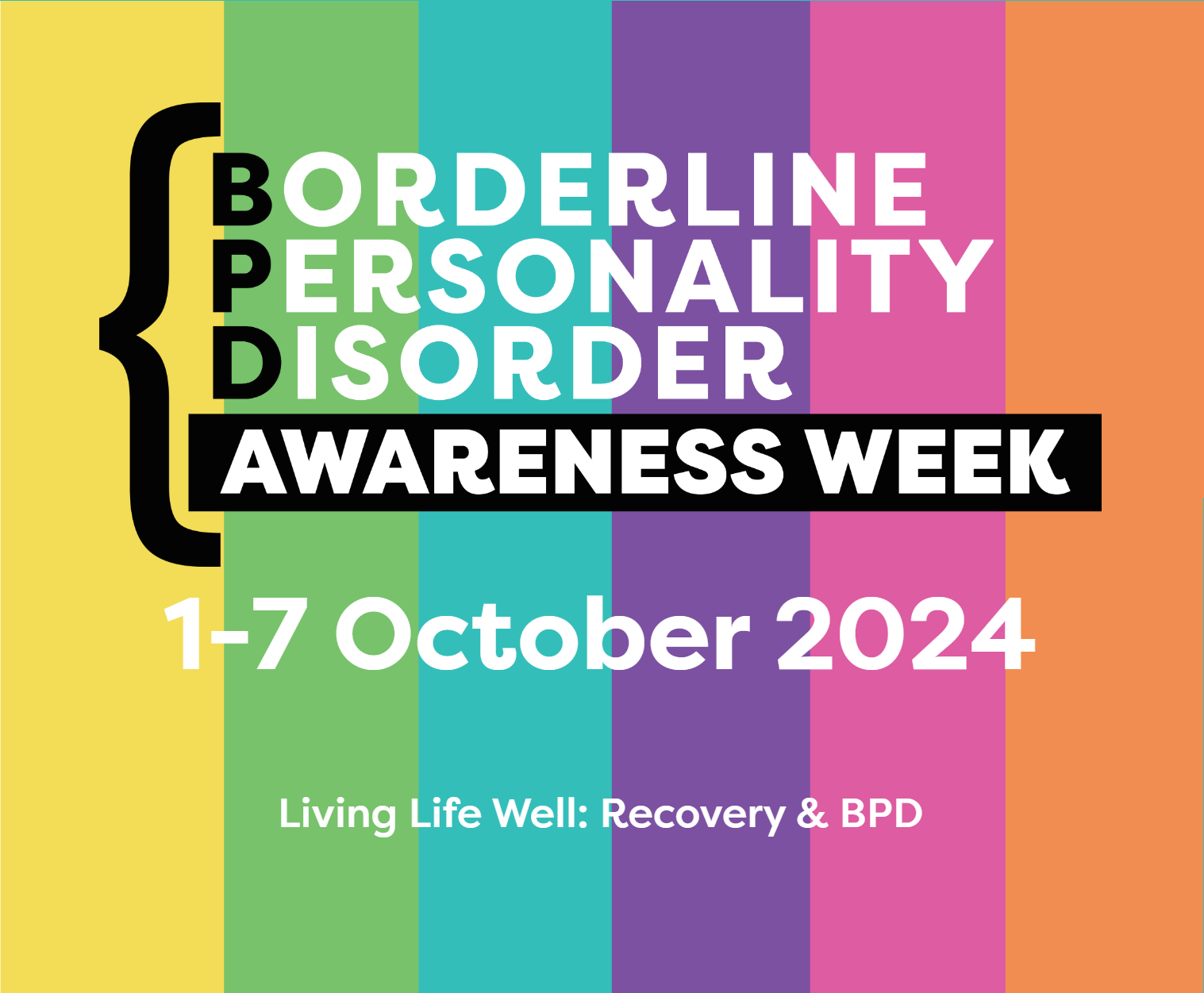The Power of Validation
You often hear us say that the best way to help someone with BPD is to validate their feelings. We always say, look at the feelings behind what they are saying/doing. Listen carefully and validate the emotion you think they might be feeling at that moment. Validation does really work to calm a situation
But as carers, we too have feelings.
The BPD diagnosis of our loved one also affects our lives. Who validates us? Who validates our grief about the loss of the life we imagined they would have? Who validates the fear we live with when they so often have suicide ideation?
Sometimes we try so hard and yet it does not seem enough to help them overcome this illness and build a life worth living
Joy Anasta discussed this at Sanctuary in March
A few takeaways below (Important – these are our notes, based on Joy’s talk)
Validation
About Validation
• As humans we crave validation from the outside world.
• Validation is, in essence, transactional – a two-way process. When we validate something we afford value to it.
• There is a mutual cost and a mutual benefit.
What is Validation?
• Validation is an invitation to collaborate in a mutually responsible relationship.
• Validation is mutual – an invitation into an adult relationship where both people are afforded dignity and respect.
• Validation by itself is not enough. “Perspective” is part of validation. What you see and what I see may be different. Neither is wrong or untrue, but each requires belief of the other.
• Validation is about being “with” the other person.
• Validation is a recognition of your experience and perspective – and both of us are safe.
• In your interactions with the person you support, do you exist?
Why validate?
• Adult conflict is healthy when each person can trust the other person to take responsibility for their behaviours.
• You exist in my request; do I exist in your request? (need to see relationships from the perspective of a series of transactions).
• Validation is not a place of invisibility – it is a place of mutuality. Too often a “relationship” can look like a one-way-street.
What happens when we don’t validate?
• When we don’t validate, we leave the other person’s value unfilled.
• If I judge, I won’t learn and they won’t learn from me either.
• Unkindness and hurt are never justified.
The importance of boundaries
• You can’t be in a relationship without a cost. To this perspective we must add boundaries: “Protect me from you and allow me to be safe. Protect you from me and allow you to be safe”
• When the other person wants something that we do not want to give, we recognise the request and love them enough to put in boundaries. Validation itself is not enough. “I love you enough to say no”
• Boundaries are often misunderstood. They are a loving form of engagement, and protect me spiritually, emotionally and physically.
• You may need to say “I’m happy to talk about this another time”. If the other person is unable to leave it till later, you can say you will leave and come back later. “I love you enough not to have this chat now but am happy to do so when we are both calm”
• Safety always comes first. Your safety is your responsibility, no-one else’s.
• People who are emotionally dysregulated want you to fix things without sitting in responsibility. Need boundaries that invite their responsibility.
• “I love you very much but I cannot take responsibility for your decisions. If you choose to take this action knowing that there are alternatives it will break my heart, but I cannot be responsible for what you do”
Characteristics of an adult:
1. Maturity
• Immaturity can mean that If I don’t like myself, I will be needy of you. If I am afraid, I will want you to rescue me.
2. Self-confidence
• I am perfectly imperfect, and…
• Creates autonomy. I can make decisions and direct my own behaviour
Other comments
• Behaviour is most rich when we learn from it.
• People with BPD feel shame. They don’t like themselves when they ar3r out of control.
• You have not created BPD. Carers often feel blame, shame and guilt – don’t allow these to visit you too often!
• A BPD diagnosis is hard. Clinicians’ responses are not always helpful.
• “Just being in this world hurts my skin.”
• On how to determine when a person is manipulating you – if you say to a child “If you put the blocks away, I will push you on the swing”, that is manipulation. We all do it. Be aware that they will allow you to carry them if you will do it.
Joy kindly left her business card:
Joy Anasta and Associates
Email: joyanasta@yahoo.com.au
Website: JoyAnasta.com.au
• The notes above are our notes, based on our own understanding of Joy’s presentation
• Sanctuary leaders are carers, not health professionals. We can’t give advice, but we will share our experiences and the things we’ve found helpful
Image by Denise Jans on Unsplash
Related posts
Next Meeting – January
Our next Sanctuary meeting will be on Tuesday, January 13, at 6.00pm, in the Marjorie Black Room at
Surviving Christmas and the Silly Season
With the end of the year nearly upon us, we look forward to celebrating with family and friends. But
Living Life Well – BPD Awareness Week 2024
This week is BPD Awareness Week and the theme is Living Life Well - Recovery and BPD. Professor Bri




